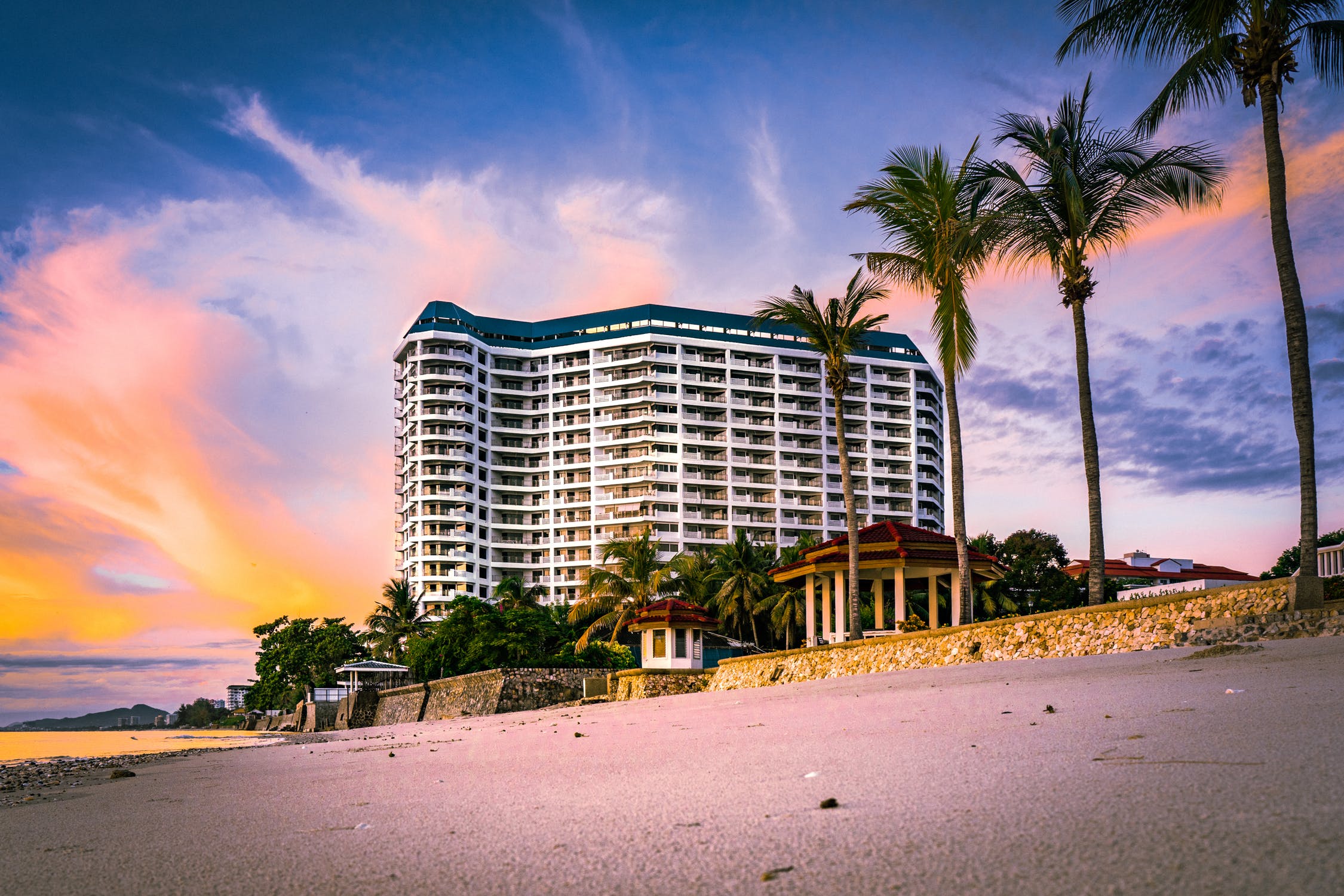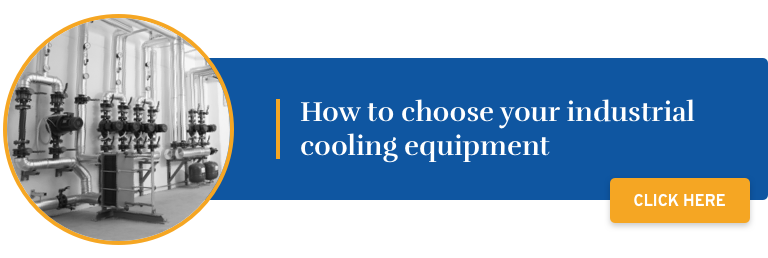The hospitality industry is generating serious challenges and business opportunities for the refrigeration industry the world over. It spans through areas like comfort, acclimatization, water cooling and food conservation processes.
The growth of the sector has allowed an age of innovation where more and more businessmen along the industry understand the need to invest in equipment that provides energy savings and reducing the environmental impact.
Thus, the contractor dedicated to projects of this nature must be prepared for the use of better equipment that complies with the standards and basic needs of the market:
- Energy expense savings. This area represents an important percentage of expenses.
- Verifying the proper function of its equipment to avoid possible failures that affect the refrigerated products for the hotel restaurants.
- Generate less environmental impact to apply for certifications that preserve the reputation of the complex.
- Hygiene and healthcare of clients and visitors.
- Comfort in room and common area acclimatization.
- Caretaking, savings and use of the water necessary for pools or spas.
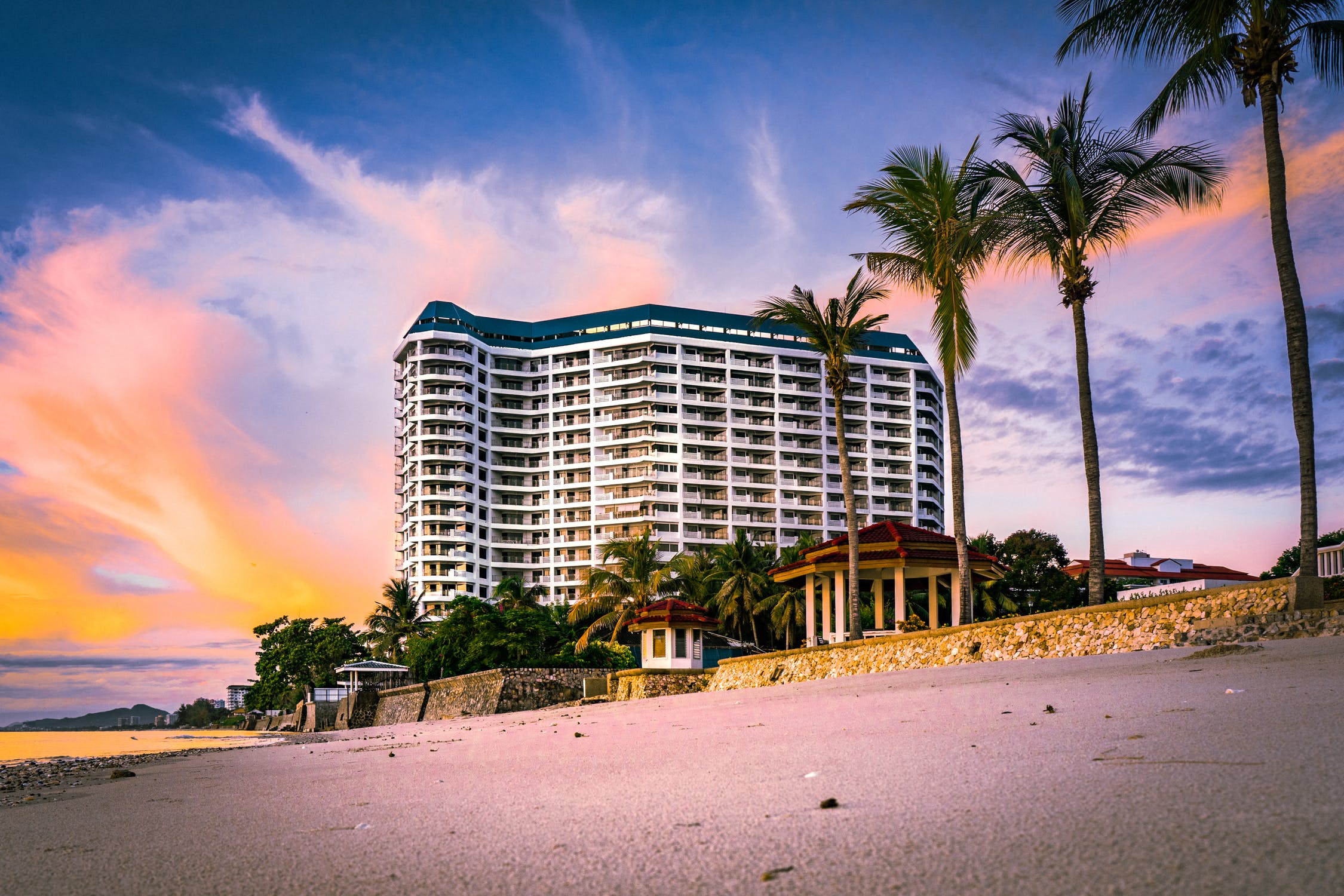
Thus, it is necessary to approach the industry projects with the best equipment that provides results in all these areas. These are some of the most widespread equipment in the industry:
Chillers to cool swimming pool water
A chiller is a piece of cooling equipment that allows cooling water or heating it in the heat pump mode. It provides solutions for those processes that need ice water in specific processes.
In the hotel industry, it can be applied for ambiance comfort or to chill pool water. This equipment is paramount for cost reduction as, depending on the project, it can use the absorbed heat to heat swimming pools. Likewise, the chiller can be used to cool seawater used for room acclimatization.
👉🏽 Which are the differences between an air-cooled and water-cooled chiller? Click this link to know more about this equipment.
Plate heat exchanger for in-hotel refrigeration processes
There are several types of heat exchangers, but plate heat exchangers are being extensively used in the comfort industry thanks to its heat transfer efficiency
This equipment is useful for the following industrial refrigeration processes:
- Heating a cold fluid by means of a fluid of greater temperature.
- Reducing the temperature of a fluid by means of a fluid of lesser temperature.
- Making a fluid reach its boiling point my means of a fluid of greater temperature.
- Condensing a gas-state fluid by means of a cold fluid.
Specifically for the hotel industry, the plate heat exchanger boasts great efficiency for the following applications:
1.Efficiency on swimming pool heating
In the functioning and water temperature regulation, the heat exchanger has proven its efficiency as it allows to rise the water surface temperature in less time and with high performance.
2. Acclimatization system performance
The implementation of Plate heat exchangers in the acclimatization systems provide significant savings on the energy consumption as they boost the performance of other components while preventing wear or high consumption.
3. Acclimatization system used for swimming pool heating
An effective energy saving method implemented for some resorts consists in the use of plate heat exchangers for air conditioning. This very same energy is used here to heat water of swimming pools.
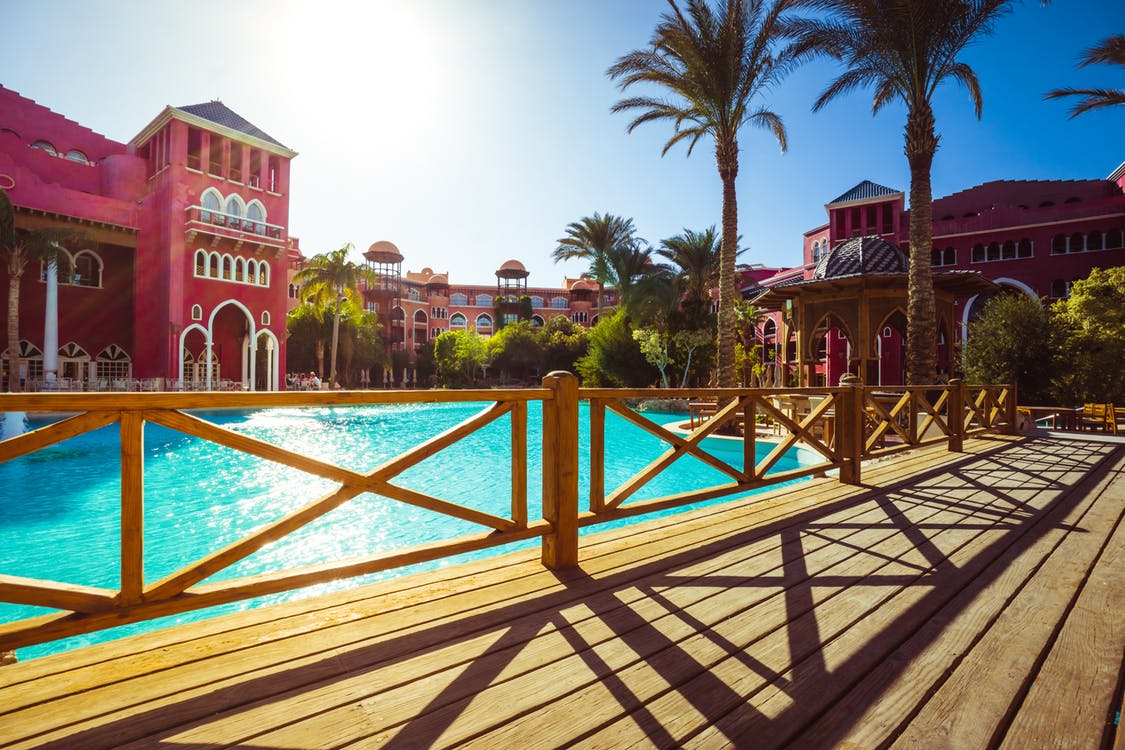
Cold rooms for food preservation and refrigeration
The hotels use a great volume of foods and beverages for their services operations, thus, it is crucial for their electric consumption to have a cold room with all necessary measurements, materials and equipment.
Moreover, given the constant warehouse, the facilities require access doors, insulating material and efficient equipment that prevent product scrapping.
There are two key components to determine the right design of a cold room:
- Cooling output: the amount of cold to be produced, or in terms of the industry, the amount of heat that must be taken from a given environment.
- Electric output: defined as the amount of energy produced to achieve the ideal temperature.
One of the key requisites for cold rooms is humidity control; this indicator must be kept at minimum levels to preserve food.
Since its very conception, cold rooms require to be customized for the geographic zone and the area destined for its installation within a hotel.
A maintenance program and the election of equipment generating the necessary electric and cooling outputs must be determined from the initial project calculations.
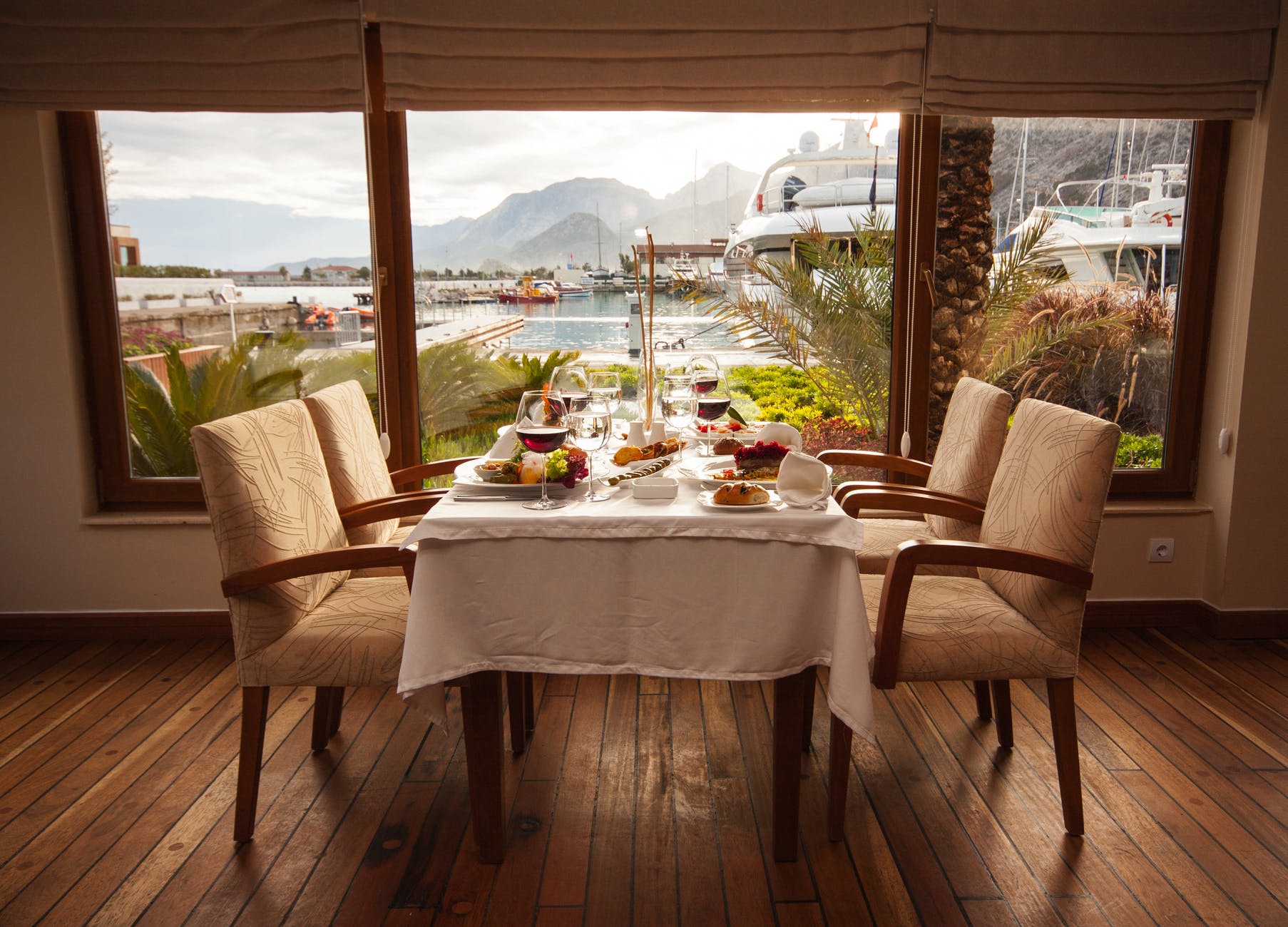
Cooling towers applied in hospitality
Water cooling towers are structures that work as heat exchangers and have several applications in hospitality, from water acclimatization for bathrooms, swimming pools or spas.
In Froztec, we had the chance to work with a cooling tower in the “La Quinta” Hotel in Cancun, where we witnessed the importance of engineering for an adequate refrigeration project.
The hotel staff requested a quotation for a plate heat exchanger to cool the water necessary for acclimatization.
The tower used well water for its process; however, this water was reused along several other neighboring hotels and was used with even greater temperatures each time, complicating its cooling.
To solve the problem, we installed two cooling towers that circulated the water through a pipeline and then spill it to obtain a low temperature. This system helped to pump the water without need to fill the deposit, reducing the consumption needs.
To supplement the project, three heat exchangers were installed. Said exchangers helped to further optimize the water cooling power used for the air conditioning system.
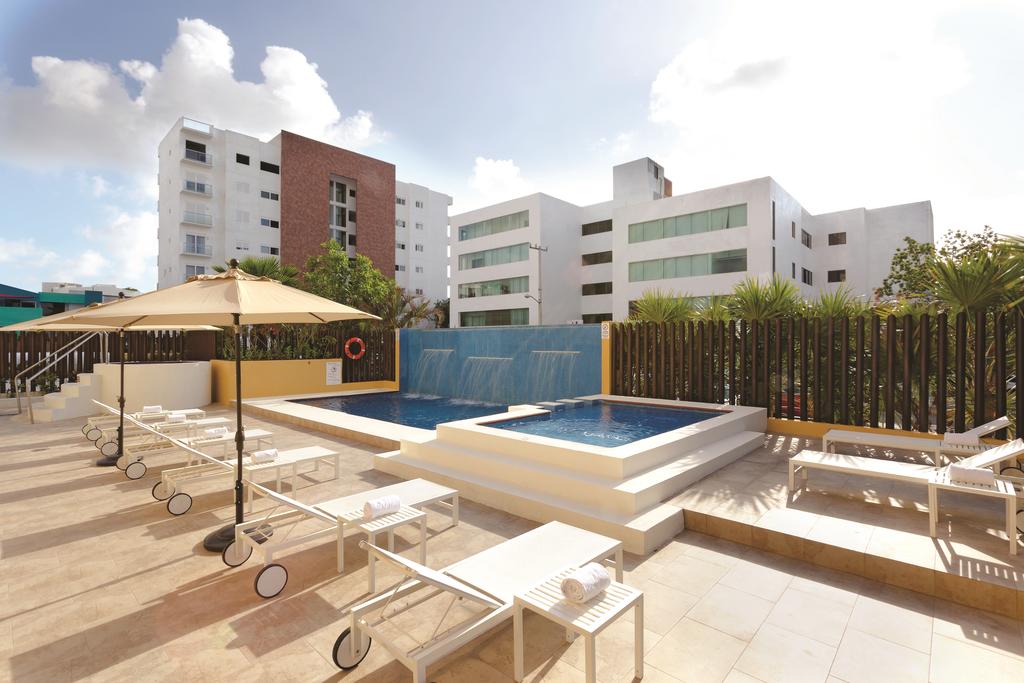
Having an individual project design and an overseeing team of specialists is important for a proper functioning. This will prevent expenses caused by repairing or equipment damage.
If you need help for your refrigeration projects and the best support, do not hesitate. Get in touch with us so you can profit from the opportunities of the hospitality industry at the greatest possible extent.
Related
Discover more related articles
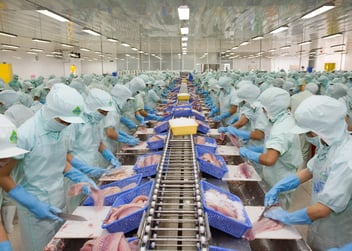
Are you part of the fishing industry? Meet the best equipment for...
To use the best cooling equipment for fish and seafood preservation is a challenge for many businessmen and contractors who search for a...
Read more »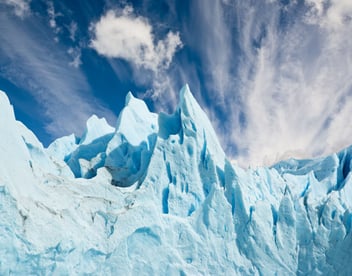
Air-cooled chiller and water-cooled chiller: What are the differences
Choosing and installing a refrigeration equipment can be a headache if you don’t have enough information about its features and applications. Having...
Read more »